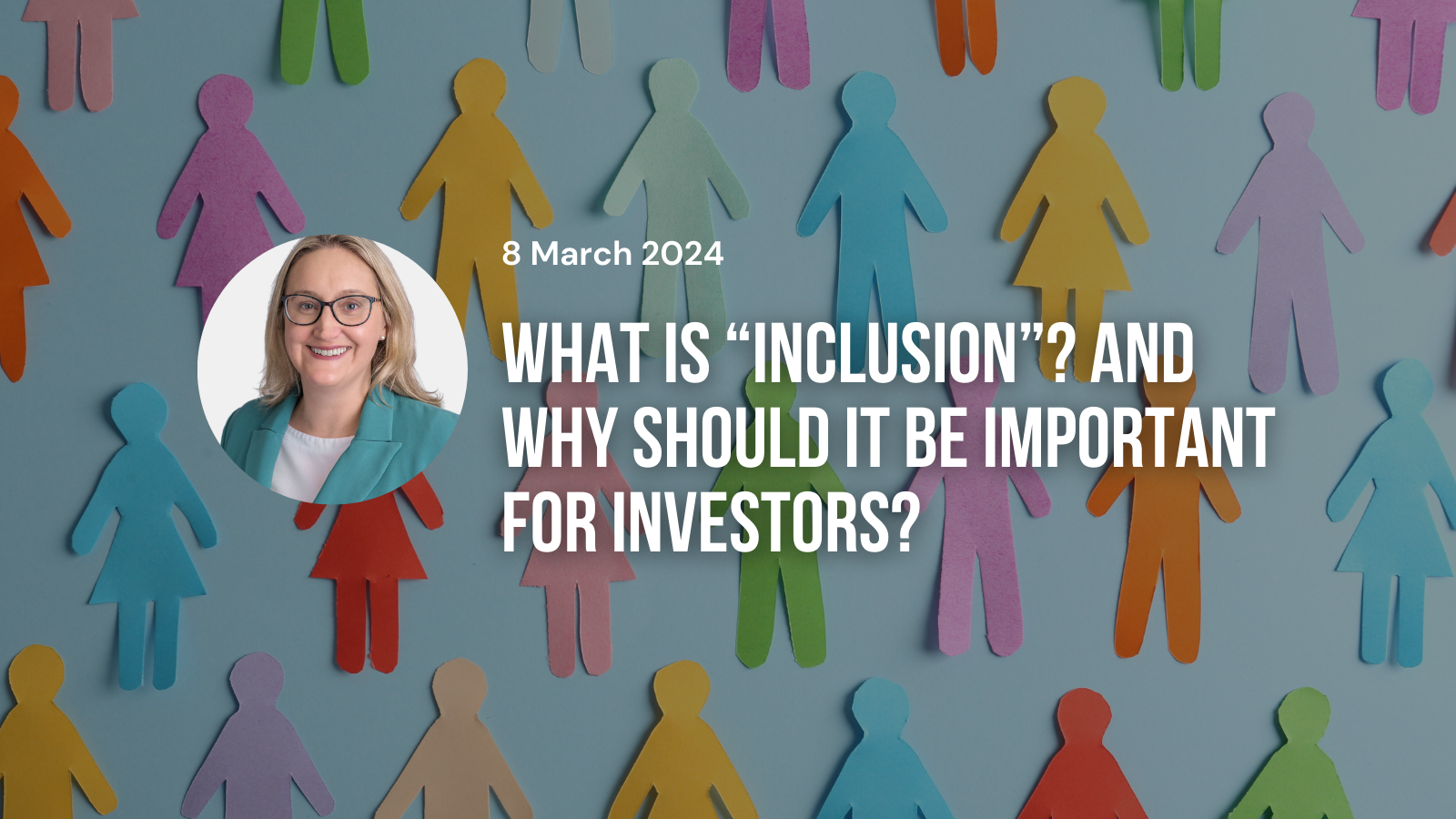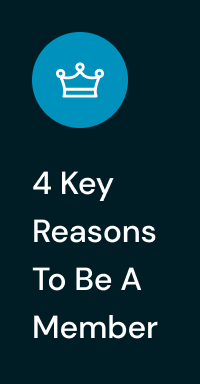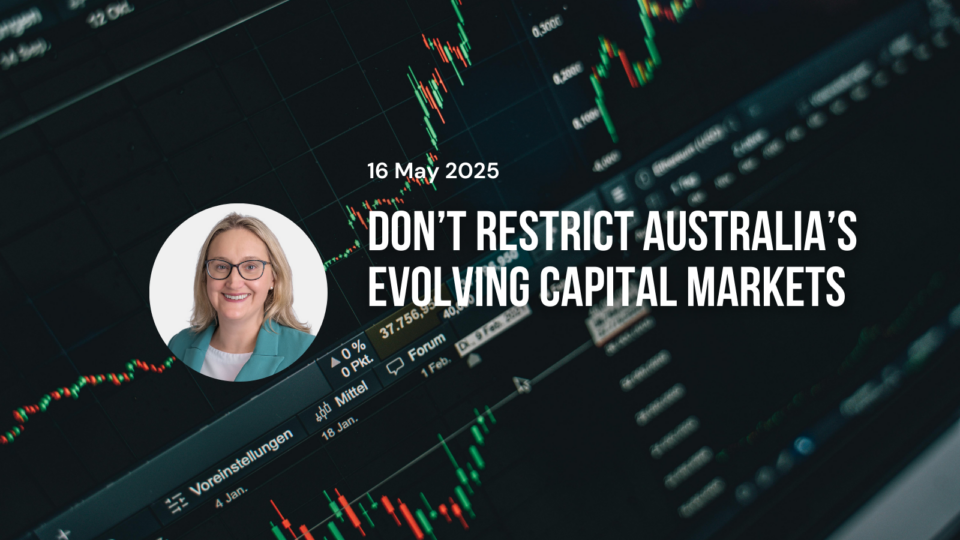
What is “inclusion”? Why is it relevant in the business world? And why should it be important for investors?
“Inspire Inclusion” is the theme of this year’s International Women’s Day (IWD).
It highlights the importance of promoting gender diversity and inclusion in businesses, recognising the role that an organisation’s diversity can play in its success by introducing different ways of thinking and operating.
Inspiring inclusion is not about replacing all male leaders with females – it’s about recognising the potential for enhanced performance and innovation by having a more balanced and inclusive leadership.
IWD offers an opportunity to reflect on what gender diversity might bring to the companies in which you invest, and how it could help to shape investment decisions to make these organisations more successful.
Embracing “Inspire Inclusion”
The theme “Inspire Inclusion” encourages people to look at the contributions of women across all sectors and to reflect upon the positive implications of diversity and inclusion.
Diverse organisations have been shown to have better financial results, are more innovative, and retain their talent.
For almost a decade, McKinsey & Company has provided a global perspective on the relationship between leadership diversity and company performance.
In their Diversity Matters Even More (2023) they looked at 1,265 companies, 23 countries, and six global regions, conducting multiple company interviews, finding that those with greater diversity on their boards of directors are 27 percent more likely to outperform financially than more male dominated boards.
In a global marketplace, where the principles of International Women’s Day are being adopted by multinational companies, Australian organisations with more diverse leadership are clearly going to have a more competitive advantage and greater financial success.
So, how do Australian companies stack up?
Despite the demonstrated advantages, women are still relatively under-represented in key decision-making roles across almost all industries in the Australian workforce.
With just over half of all employees being female in Australia, women hold only a fraction of CEO positions, key management roles, and board memberships.
Fortunately, this has been improving in recent years, and there are some signs that we’re nearing the 40% representation targets proposed by ASA.
But there is still more to do.
While organisations need to work out what is most important to them, there are some materials being developed that could help to shine a light on their needs and how to achieve them.
One option is the 10-step framework developed by the Business Council of Australia, McKinsey & Company, and the Workplace Gender Equality Agency, which includes building a case, role modelling, mentoring, and job redesign to accommodate women (and men) at different life stages.
The key is not to expect companies to fall into a rigid “my way or the highway” approach to diversity, but to encourage them to explore opportunities and promote initiatives that will move the dial.
The destination may be similar, but the path to get there will be individual and relevant to the company itself.
Boards should be the leaders
ASA has long held that inclusion is a way to ensure diversity of thought and to avoid groupthink.
Recently, we put a number on this…
Our Voting and Engagement Guidelines argue that at least 40% of the board should be female and at least 40% male directors – the remaining 20% is up to the board.
Obviously, candidates for directors should have the relevant skills, knowledge, and experience to support the company and its mission, helping to contribute to effective strategic planning and risk management, and being part of a cohesive board.
But those making the decisions should look at how a greater gender balance might help to change how the board operates and bring new ideas and approaches to the table.
ASA expects companies to disclose in each annual report the proportion of female directors, senior executives, and employees within their organisational structure, and the steps they take to attain/maintain diversity within their ranks.
So, as an investor, what should you do?
As much, or as little, as you wish.
The drive for greater inclusion is a journey, and companies are at different stages.
As a retail investor, you have the ability to put your money where you most want it to go – if that is supporting more gender diverse boards, and if McKinsey is right, then that may prove to be a wise financial investment.






